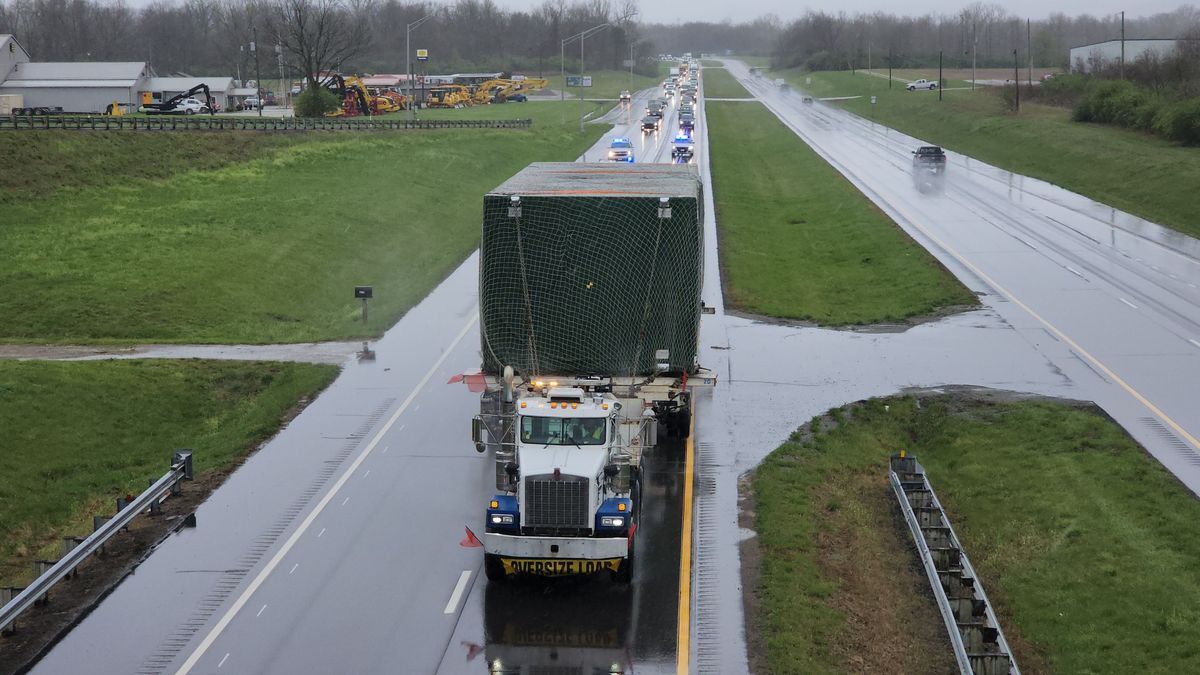

Yeah, I took it to a few local places, and none of them would do anything like that. I lived in the boonies at the time and didn’t want to tow it all around everywhere. I’d already driven it like that for 4-5 weeks, and the left spring was pressing against the underside of the bed. One good pothole and it would have likely punched through lol. Figured I’d pressed my luck long enough. I had a welder and could have probably fixed it up good enough for farm use, but no way would it have passed inspection.
Just parted it out since everything else was in great shape (especially the transmission that had been rebuilt not 4 months prior 😢)
Ended up just buying the hybrid I drive now since its main use was for my 110 mile daily commute.








Wish I could take credit for the term, lol, but I heard it elsewhere.